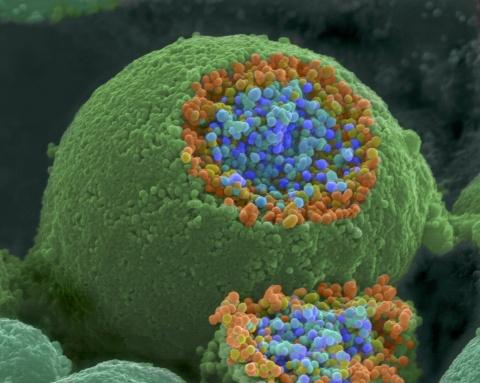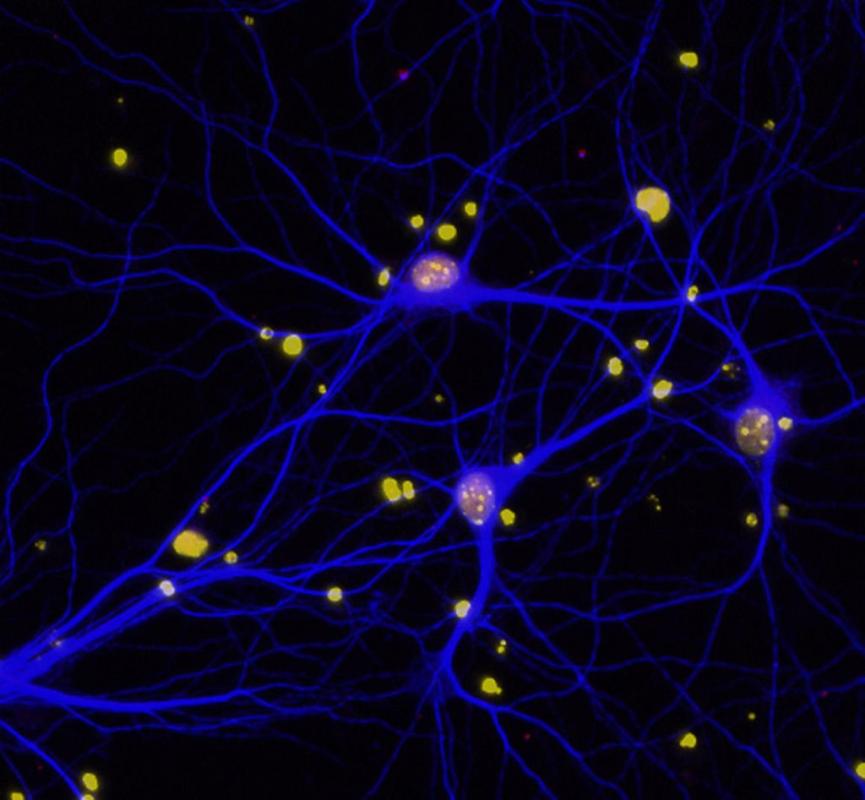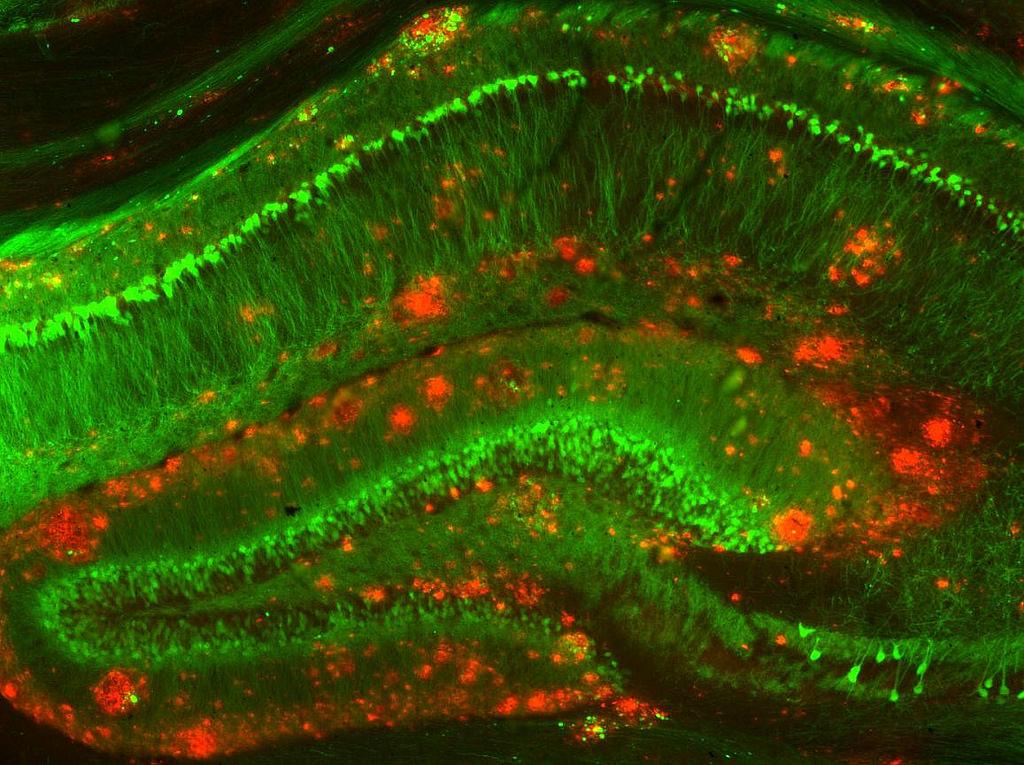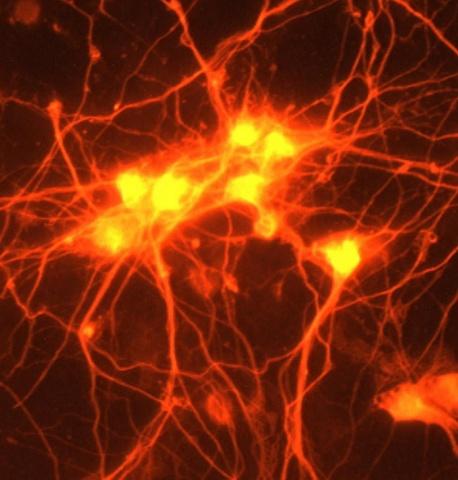Duke Neurology Research Round Up, January 2022
Research authored by members of the Duke Neurology Department published during the final month of 2021 advanced our knowledge of stroke, epilepsy, dystonia, and other conditions.
Duke Neurology 2021: A year in review (part 2 of 2)
The second half of 2021 was as eventful as the first for the Duke Neurology Department. Story highlights from July through December of this year include our Leonard White, PhD, winning a national award for excellence in teaching, the founding of a joint Duke/UNC Alzheimer’s Disease Research Center, two of our hospitals receiving the American Heart Association/American Stroke Association’s highest award for quality stroke care, and the School of Medicine receiving awards totaling $18 million to uncover the origins of Parkinson’s disease.
Plasma exchange therapy for Guillain-Barré helps woman make a drastic recovery
Over the course of a few days in late September of 2021, Carol Cerase of Lumberton, NC, experienced increasing weakness in her legs, trouble swallowing, and several falls. Doctors at her local hospital couldn’t find the cause, so they reached out to Duke Health’s neurology experts, who diagnosed Cerase with Guillain-Barré syndrome (GBS). Duke’s team recommended plasma exchange therapy to stop the disease’s progression and allow the nerves to heal. “I was lucky I got the treatment so fast,” said Cerase. “I think it saved me.”
Duke Neurology Research Round Up, November 2021
This October, members of the Duke Neurology Department contributed to 12 new peer-reviewed journal articles, advancing our understanding of Alzheimer’s disease, stroke, chronic pain, and other conditions. These articles include discussions of the best framework for neuroscience curricula for medical students, the discovery of an existing experimental drug which offers a new avenue for treating pain without potential addiction issues, and an examination of the viability of ketogenic diets as an alternative treatment for amyotrophic lateral sclerosis (ALS).
Duke Neurology Research Round Up, September 2021
Members of the Duke Neurology Department contributed to seventeen peer-reviewed research studies published this August. Members of the lab of Nicole Calakos, MD, PhD, discovered that a medication created to treat patients with HIV may help people with dystonia. New translational research provided the most accurate atlas of the mouse model to date and answered questions about late-onset Alzheimer’s disease.
Duke Neurology Research Round Up, August 2021
This July, new research from the Duke Neurology Department answered questions about the subcellular origins of itching, how COVID-19 is affecting people with amyotrophic lateral sclerosis, what factors influence people eligible for epilepsy surgery to move forward with the procedure and topics. The paragraphs below summarize the 11 articles appearing in peer-reviewed publications from our faculty, staff, and trainees. Check them out and find links to the original publications below.
Neuromuscular Disease
Duke Neurology Research Round Up, July 2021
New publications written by members of the Duke Neurology Department published this June advanced our understanding of the origins of Alzheimer’s disease, stroke, and spinal injuries, as well as offering new insights on how to better diagnose and treat these and other conditions. Our faculty contributed to recent articles in Lancet Neurology, Stroke, and other high-impact journals. Read more about each of these stories, and find links to the original articles themselves, in the paragraphs below.
Neuromuscular Disease
Alumni Spotlight: Zaeem Siddiqi MD, PhD
When Zaeem Siddiqi MD, PhD, joined the neurology program at the University of Alberta after completing his residency and fellowship at Duke, he had just one other colleague specializing in neuromuscular disease. Now that team has expanded to five, with more on the way. For this week’s “Spotlight” interview, Siddiqi talks to us about his current work treating patients from Edmonton to Kagluktuk near the arctic circle while training neurologists and conducting research on myasthenia gravis.
Duke Neurology Research Round Up, June 2021
Members of the Duke Neurology Department did their part for Stroke Awareness Month, contributing to eight new peer-reviewed studies published this May. But our other divisions didn’t hold back either, with thirteen other articles advancing our understanding of neuro-oncology, multiple sclerosis, headache, and other subjects.
Read about each of the studies published from members of the Duke Neurology Department below, and find links to the original journal articles as well.
Stroke
Duke Neurology at AAN 2021: Highlights from a virtual year
The American Academy of Neurology (AAN) has moved its annual meeting to a virtual setting this year, but its offerings of the latest education and scientific programming continue. This year, members of the Duke Neurology Department collaborated with their colleagues at Duke and with other academic institutions to advance our understanding of neuro-oncology, myasthenia gravis, ALS, and other fields and disciplines.








